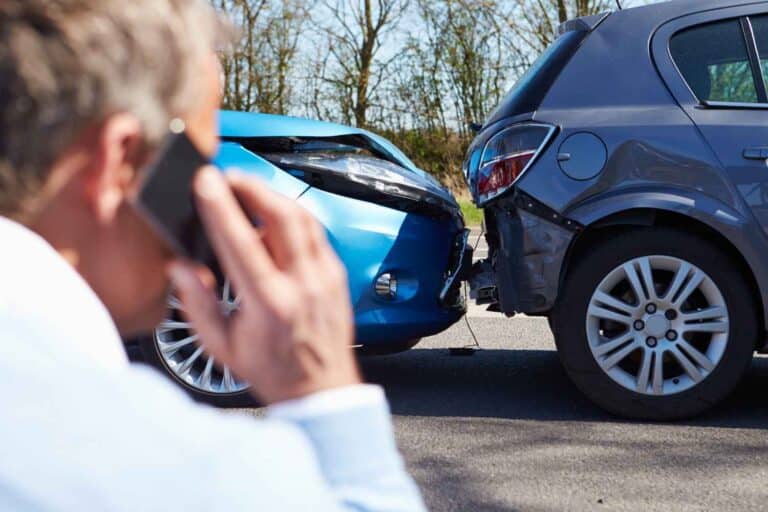Not only is riding a bike an eco-friendly mode of transportation and a great workout, but riders can also avoid many of the hassles that come with commuting by car. Unfortunately, many Virginia drivers do not exercise their duty of care when driving near cyclists, which puts cyclists in severe danger. The Virginia Department of Transportation reports that in one recent year, there were 560 bicycle accidents statewide, leading to eight deaths and 118 serious injuries.
To help protect cyclists on Virginia roads, the state recently passed a law changing how close other vehicles can get to cyclists when passing. While it remains to be seen what effect this law will have, it represents an important step toward keeping bicycle riders safe. Both drivers and cyclists need to be aware of this new law, especially in the event of a collision. Keep reading to learn more, and contact The Johnson Law Firm today if you have been injured in a collision while riding your bike and are seeking representation from an experienced bicycle accident lawyer in Richmond.
What Does the New Law Say?
Section 46.2-839 of the Code of Virginia went into effect as of July 2021. It states that any driver passing a bicycle traveling in the same direction must leave at least three feet of space between their vehicle and the bicycle. The law also applies to drivers who are overtaking electric personal mobility devices, mopeds, and electric power-assisted bicycles.
Furthermore, the law also says that if a driver does not have enough room in their lane to allow for three feet of space, the driver should change lanes. If there is not another lane for the driver to move to, they should slow down and stay behind the bicycle until there’s sufficient room to pass.
Another new law impacting bicyclists also aims to improve safety. This law, Section 46.2-905 of the Code of Virginia, allows up to two bicycles to ride side-by-side in the same lane. This way, parents can ride next to young children to better protect them while riding.
Neither of these laws lists what the penalties are for breaking them. However, Section 46.2-937 of the Code of Virginia says that most traffic offenses are misdemeanors for the purposes of an arrest. A driver who strikes a cyclist because they did not leave enough room when passing would likely face far more serious charges, though.
What To Do if You Are Hit by a Car While Riding Your Bicycle
While these new laws will hopefully reduce the number of bicycle accidents in Virginia, accidents will nevertheless still occur. If you are hit by a car while riding your bike in Virginia, here is what you need to do to protect your rights:
- Call 911 right away to summon police and emergency medical personnel.
- Get the name, driver’s license number, license plate number, and insurance information of the driver who hit you.
- Use your phone to document the scene by taking pictures of your injuries, the damage to your bike, the damage to the car, and the general area of the accident.
- Seek medical treatment as soon as possible.
- Have your medical records and receipts available.
- Do not give any recorded statements to insurance companies until you have spoken to a lawyer.
- Hire a bicycle accident attorney.
Contact a Virginia Bicycle Accident Lawyer Today
The Richmond bicycle accident attorneys at the Johnson Law Firm could help you recover compensation for your injuries and expenses if you have been hurt in a crash. We offer free consultations and do not charge our clients any fees unless we win through a settlement or trial. Contact us today to learn more.





